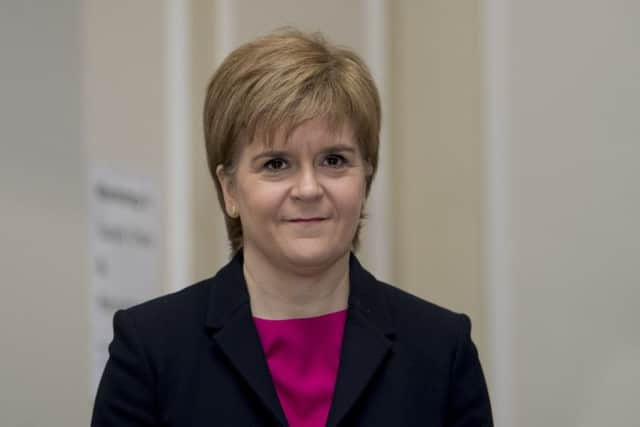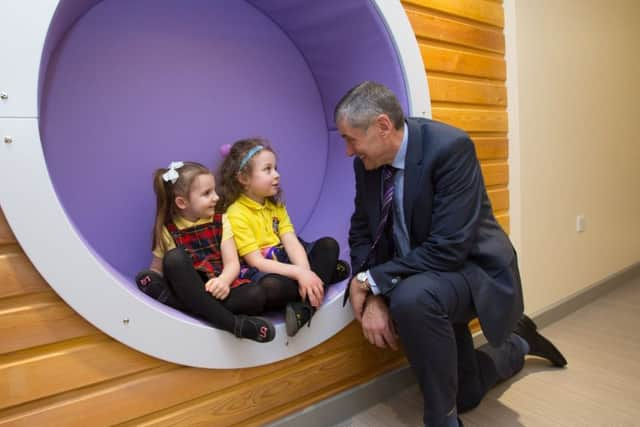Nicola Sturgeon's key advisor warns against drive for national testing
Sir Harry Burns, a member of the First Minister’s Council of Economic Advisors, has questioned whether national testing will have any impact in closing the attainment gap between schools in affluent and poorer areas of the country.
The former chief medical officer has warned MSPs that evidence suggests Scotland is “not using the best methods for improvement” in schooling standards.
Advertisement
Hide AdAdvertisement
Hide AdNational tests in numeracy and literacy were introduced this term for school children in P1, P4, P7 and S3, but have already met with concerns from many within the education profession who have branded them cruel.


Sir Harry has spoken out as Holyrood’s education committee carries out a inquiry into the impact of poverty on educational attainment. He states that children blighted by poverty can overcome this with a “supportive” school environment in a submission to MSPs.
“How do we design such support? There is plenty evidence that we are not using the best methods for improvement.
“The use of targets and standards to improve public services can, in some circumstances, help. However, what we are seeing in many cases is unreasonable concentration on process targets and not enough understanding of outcomes and what causes them.”
He adds: “Instead of pushing nationwide testing and higher standards across the board, education reform should focus on schools in poor neighbourhoods with targeted investments designed to counteract the effects of poverty on educational achievement.”


Last month an influential group of educationalists and early learning experts called for the testing to be scrapped for youngsters in primary one.
A Scottish Government spokesperson said: “The introduction of standardised assessments is one element of the work we are doing to ensure we have more data than ever on children’s progress in their learning under Curriculum for Excellence – data that will be used to help drive improvement across Scottish education. The Scottish Attainment Challenge, including Pupil Equity Funding, has been introduced precisely for the purpose highlighted by Sir Harry – to counteract the effects of poverty on educational achievement.”